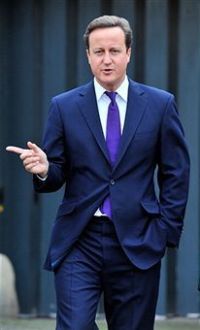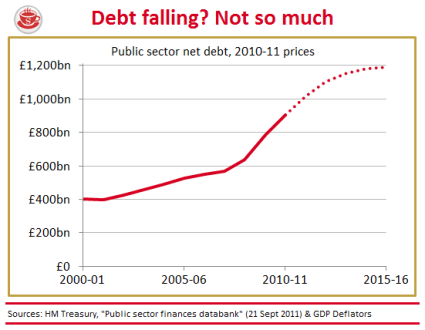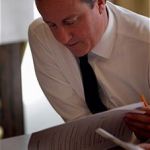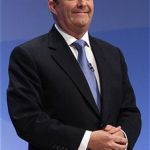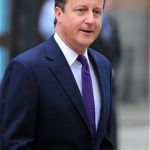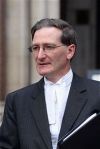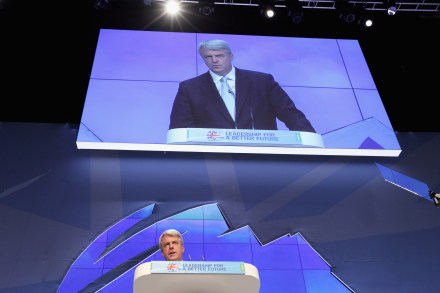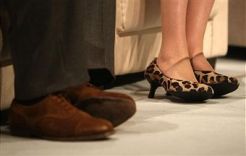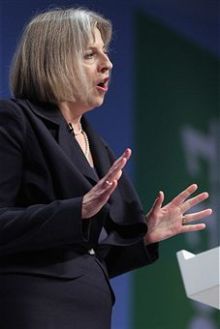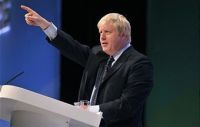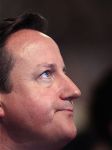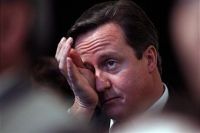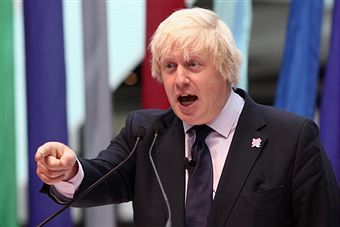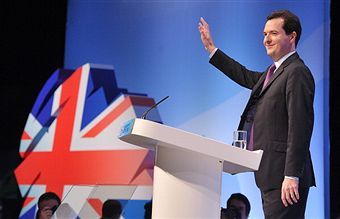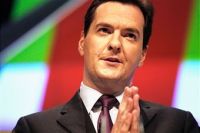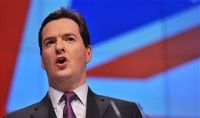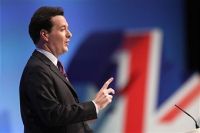Why conservatives should welcome gay marriage
David Cameron just told the Tory conference that he supported gay marriage “because I am a Conservative”. In last week’s issue of the Spectator, Douglas Murray said that the best arguments in favour of gay marriage are conservative ones. For the benefit of CoffeeHousers, here is Douglas’s piece. In America a new generation of Republicans is challenging the traditional consensus of their party on gay marriage. They — as well as some of the GOP old guard like Dick Cheney — are coming out in favour. In Britain the subject is also back on the agenda with the coalition government, at the insistence of the Prime Minister apparently, planning a ‘public consultation’
